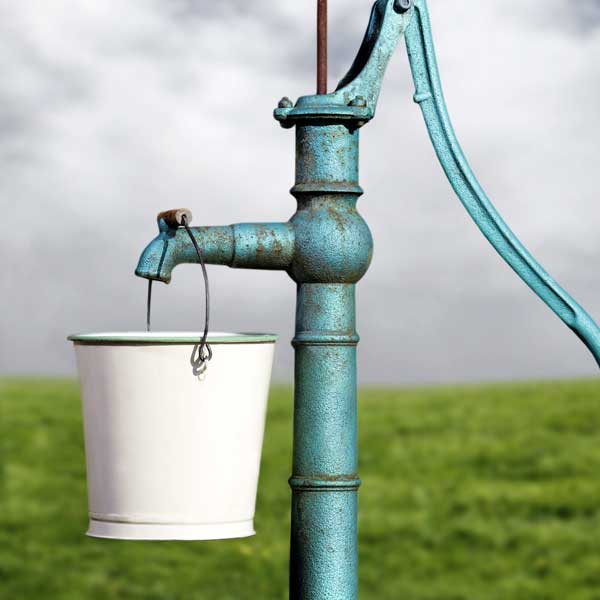
23 Jan Uranium: Is it Safe in Drinking Water and How Can You Remove It?
Occurring naturally in some bedrock, groundwater, plants and animals, uranium is a metal that can result in metal, chemical and radiological toxicity. The heaviest element present in the natural environment, some of the known sources of uranium contamination in drinking water include:
- Abandoned uranium mines
- Mill tailings
- Nuclear emissions
- Combustion of coal and other fuels
- The dissolution of minerals that contain uranium
In terms of tap water, heavy metal toxicity is the greatest concern with uranium. While most uranium that is ingested by humans is excreted naturally through urine and feces, small amounts can be absorbed and carried through the bloodstream to internal organs. This process, known as bioaccumulation, can lead to uranium toxicity affecting the organs and bones.
The Effects of Uranium on the Human Body
The kidneys are the organ most commonly affected by uranium toxicity. This is because the kidneys attempt to filter out the uranium in the bloodstream, which can sometimes cause severe damage to the kidneys’ cells. If the concentrations are low, the kidneys may be able to repair themselves over a period of several weeks. At high concentrations, however, the person may experience acute kidney failure and, subsequently, death.
Keeping Drinking Water Safe
In an effort to keep drinking water safe from uranium, the EPA’s Safe Drinking Water Act has set a Maximum Contamination Limit (MCL) at 30 µg/L. Consuming amounts higher than this can result in kidney damage while also increasing the risk of cancer. To stay safe, you should have your well water tested by a reputable Idaho pump service company. If you find that your well water tests at more than 20 30 µg/L, you should consume bottled water until the problem is resulted. The water can be treated via either reverse osmosis or anion exchange. If you are concerned about uranium in your water, contact Idaho Pump Service to learn more about how we can help.

Sorry, the comment form is closed at this time.